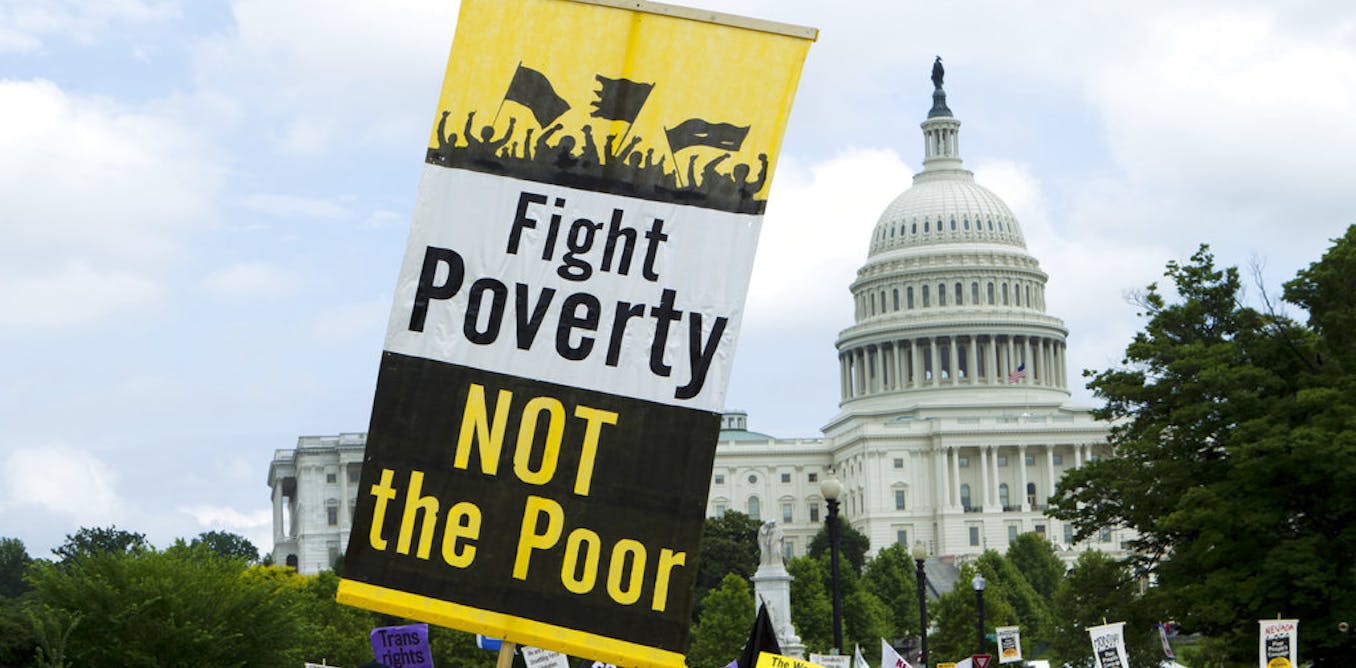- Joined
- Aug 10, 2013
- Messages
- 25,893
- Reaction score
- 33,245
- Location
- Cambridge, MA
- Gender
- Male
- Political Leaning
- Slightly Liberal
The Chief Economics Commentator over at the Wall Street Journal offers up the sobering observation today that China may be winning the 21st century war of ideologies. Reflecting on the U.S.'s deeply illiberal turn, the same week that Trump will be heading off to Russia Alaska to collude plan with Putin on carving up Ukraine, one can't help but feel something great is being lost from the world.
The U.S. Marches Toward State Capitalism With American Characteristics
The U.S. Marches Toward State Capitalism With American Characteristics
A generation ago conventional wisdom held that as China liberalized, its economy would come to resemble America’s. Instead, capitalism in America is starting to look like China.
Recent examples include President Trump’s demand that Intel’s chief executive resign; the 15% of certain chip sales to China that Nvidia and Advanced Micro Devices will share with Washington; the “golden share” Washington will get in U.S. Steel as a condition of Nippon Steel’s takeover; and the $1.5 trillion of promised investment from trading partners Trump plans to personally direct.
This isn’t socialism, in which the state owns the means of production. It is more like state capitalism, a hybrid between socialism and capitalism in which the state guides the decisions of nominally private enterprises.
China calls its hybrid “socialism with Chinese characteristics.” The U.S. hasn’t gone as far as China or even milder practitioners of state capitalism such as Russia, Brazil and, at times, France. So call this variant “state capitalism with American characteristics.” It is still a sea change from the free market ethos the U.S. once embodied.
State capitalism is a means of political, not just economic, control. Xi ruthlessly deploys economic levers to crush any challenge to party primacy. In 2020, Alibaba co-founder Jack Ma, arguably the country’s most famous business leader, criticized Chinese regulators for stifling financial innovation. Retaliation was swift. Regulators canceled the initial public offering of Ma’s financial company, Ant Group, and eventually fined it $2.8 billion for anticompetitive behavior. Ma briefly disappeared from public view.
Trump has similarly deployed executive orders and regulatory powers against media companies, banks, law firms and other companies he believes oppose him, while rewarding executives who align themselves with his priorities.
In Trump’s first term, CEOs routinely spoke out when they disagreed with his policies such as on immigration and trade. Now, they shower him with donations and praise, or are mostly silent.
Trump is also seeking political control over agencies that have long operated at arm’s length from the White House, such as the Bureau of Labor Statistics and the Federal Reserve. That, too, has echoes of China where the bureaucracy is fully subordinate to the ruling party.





